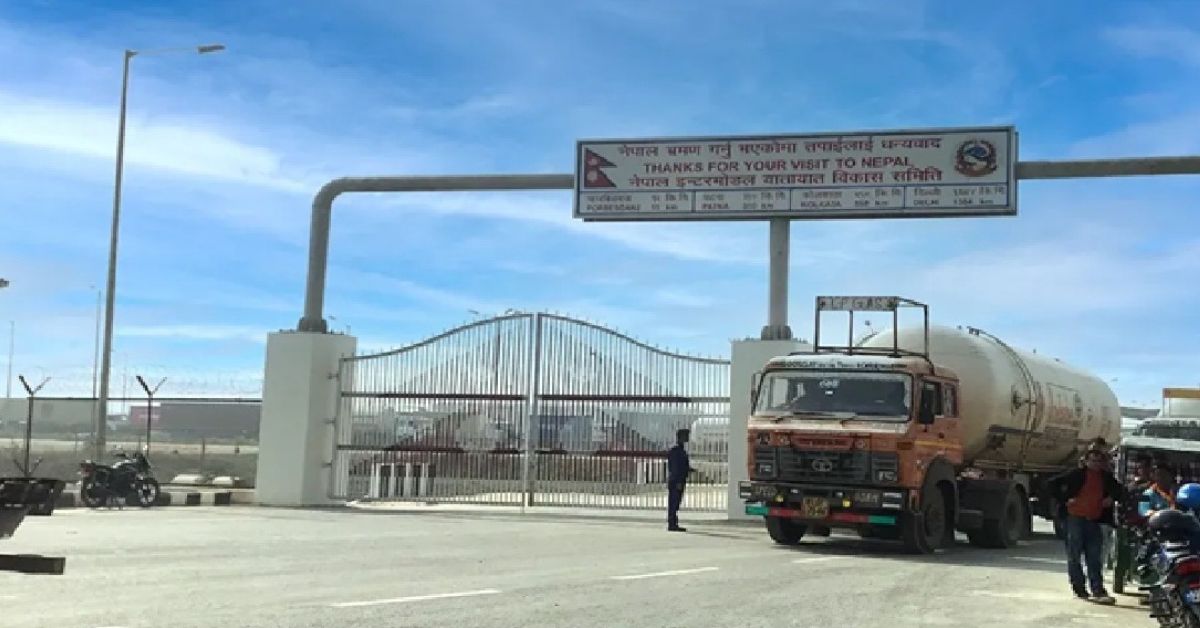Despite a traditionally close commercial relationship with its southern neighbour, Nepal continues to face persistent and costly transit hurdles that hinder its trade efficiency and economic potential.
The Indo-Nepal transit arrangement, though grounded in open borders and historical ties, is marred by regulatory bottlenecks, outdated infrastructure, and systemic inefficiencies. A major challenge is the monopolistic nature of logistics services. For example, the Electronic Cargo Tracking System (ECTS) mandated by the Indian authorities is operated by a single supplier, restricting competition and increasing costs for Nepalese traders. Additionally, Nepalese importers are compelled to use Indian clearing agents and shipping lines, a stipulation that raises the cost of doing business and limits autonomy.
Nepalese logistics providers face severe limitations in participating in freight movement, with dry port engagement constrained by complex stakeholder management and high bid thresholds. The lack of dedicated railway lines for Nepal-bound cargo, coupled with the underdevelopment of inland waterway options, adds to transit delays and inefficiencies.
Infrastructure projects like Integrated Check Posts (ICPs), though commendable in concept, have not yielded full benefits due to the absence of coordinated customs inspections and real-time data sharing. Additionally, restrictions on Nepalese vehicles in Indian territory and disproportionately high port handling charges increase overall logistics costs.
Another significant issue is the lack of alignment between the infrastructure development plans of both countries. Poor coordination leads to mismatched logistics systems, missed connectivity opportunities, and vulnerability to disruptions from security threats and informal trade. Bureaucratic red tape, non-harmonized documentation, and inadequate dispute resolution mechanisms further compound delays and increase costs.
Despite these challenges, the way forward presents a compelling opportunity for transformation. A comprehensive revision of the existing transit treaty is urgently needed—one that ensures equitable rights, removes monopolistic practices, and promotes greater participation of Nepal’s private sector in logistics and rail freight operations.
Establishing joint dispute resolution systems and improving cross-border coordination through single-window customs and shared infrastructure planning would significantly boost efficiency.
Nepal must also be granted the autonomy to choose its transit routes, shipping lines, and port preferences, including inland waterways.
In the broader context, India’s support in addressing these transit inefficiencies not only benefits Nepal but aligns with its own subregional connectivity goals under initiatives like BBIN (Bangladesh, Bhutan, India, Nepal). By resolving longstanding transit issues and cultivating a spirit of partnership, India and Nepal can convert logistical roadblocks into corridors of shared prosperity and regional integration.
The article was written by Rajan Sharma, former President of the Nepal Freight Forwarders Association (NEFFA).










